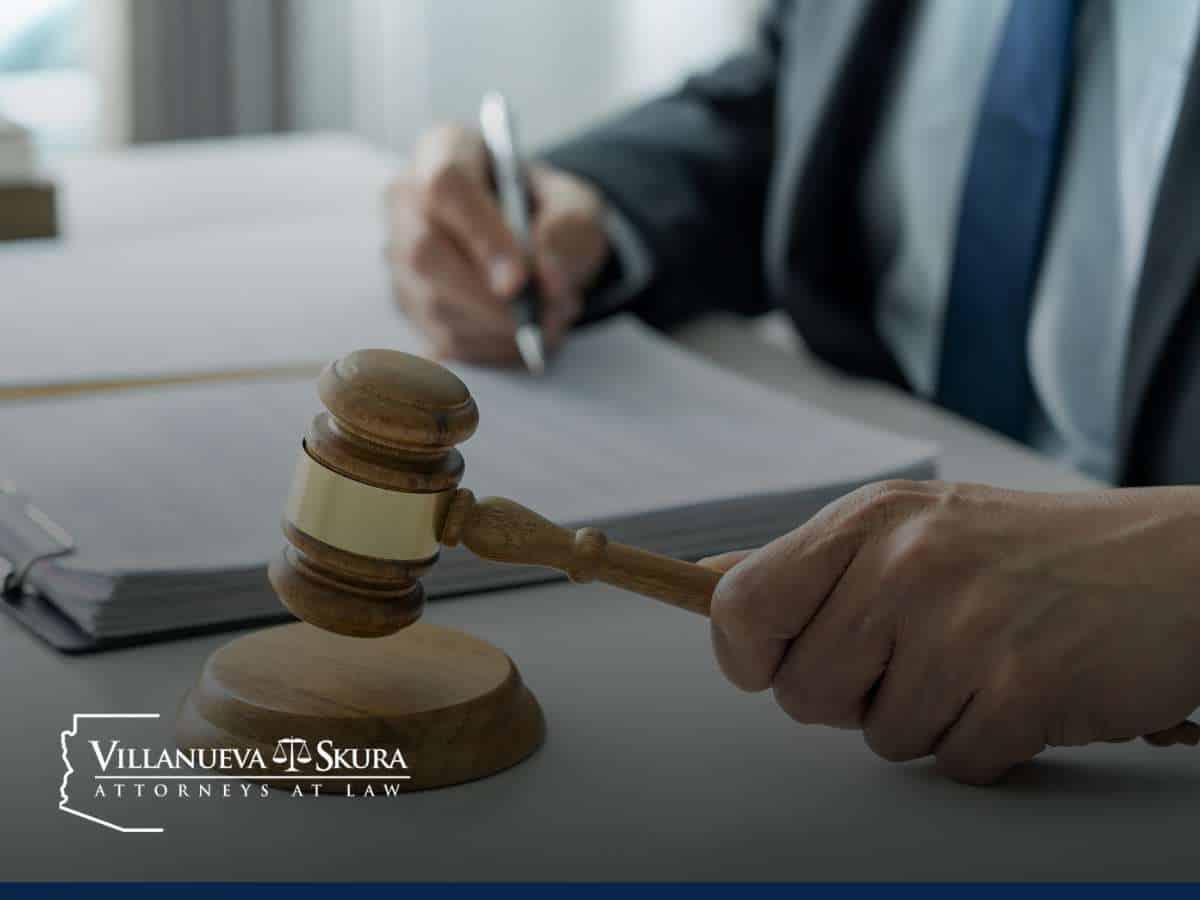The dynamic interaction between law enforcement techniques during undercover sex stings introduces a range of complicated legal dilemmas, particularly in the realm of undercover operations. A recurring question that surfaces in this domain is whether an individual can face sex trafficking and aggravated luring charges if the alleged victim turns out to be an undercover agent. This discussion aims to unpack the intricacies of the Arizona Revised Statutes (ARS) 13-1407, shedding light on the legal framework that governs sexual offenses and undercover activities within the state of Arizona.
By examining the specifics of ARS 13-1407, this blog post endeavors to navigate through the complex legal terrain that surrounds the prosecution of sexual offenses in the context of undercover law enforcement efforts.

ARS 13-1407 provides a detailed legal foundation for addressing various sexual offenses in Arizona, with a particular emphasis on sex trafficking. This legislation categorically defines sex trafficking as the act of intentionally or knowingly engaging in any prostitution or or sexually explicit performance by deception, coercion or force. The statute meticulously delineates the offense’s elements, centering the exchange of money for sexual services.
Through an in-depth exploration of ARS 13-1407, we aim to clarify the legal principles that determine the prosecution of sex trafficking cases, highlighting the significance of the use of an undercover officer and the implications of its absence within the legal process.
Undercover agents, who are law enforcement officers concealing their true identities, play a vital role in collecting evidence or information pertinent to criminal activities. When it comes to sexual offenses, the stakes are particularly high, and the operations are fraught with sensitivity. These agents are often deployed State funded task forces to identify and apprehend individuals who are attempting to engage in illicit behaviors, such as solicitation, human trafficking, or the exploitation of minors.
This section aims to elucidate the crucial function that undercover agents fulfill in the detection and prevention of sexual crimes, underscoring the ethical and legal challenges inherent in such covert operations.
The possibility of charging an individual with sexual assault under circumstances involving an undercover agent is contingent upon a myriad of factors, most notably the issues of consent and the specific nature of the interaction. In such cases, the expertise of a Phoenix sex crime defense law firm becomes indispensable in dissecting the intricate legal frameworks and defending the accused’s rights. Arizona’s legal system, similar to that of many other jurisdictions, acknowledges the notion of “attempted” offenses, including that of attempted sex trafficking.
This segment explores the conditions under which a person might be charged with sex trafficking during an undercover operation, focusing on the legal criteria for establishing such charges and the implications of attempting to commit a sexual assault against someone perceived to be a genuine victim without their consent.
Facing charges or allegations of sex trafficking and aggravated luring necessitates the skills of an experienced sex crimes lawyer who can navigate the law, formulate a strong defense, and protect your rights.
For expert legal support in Arizona, turn to VS Criminal Defense. Don’t face these challenges alone—contact us today for a solid defense.